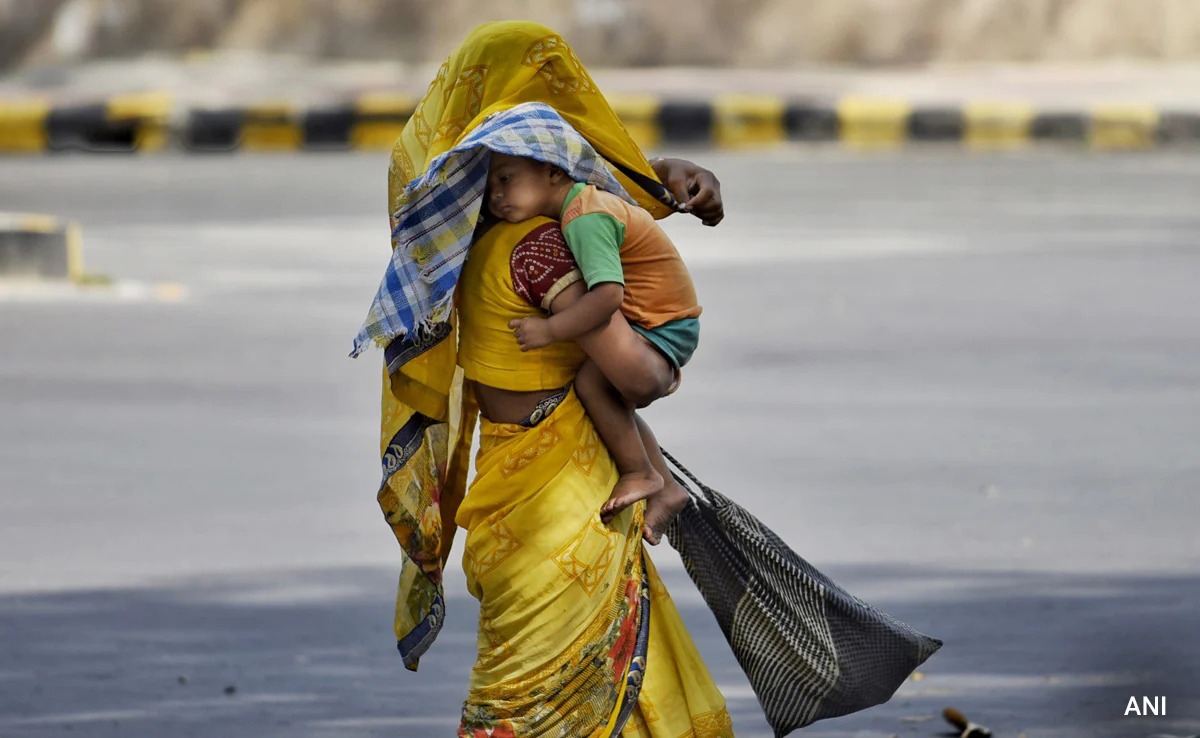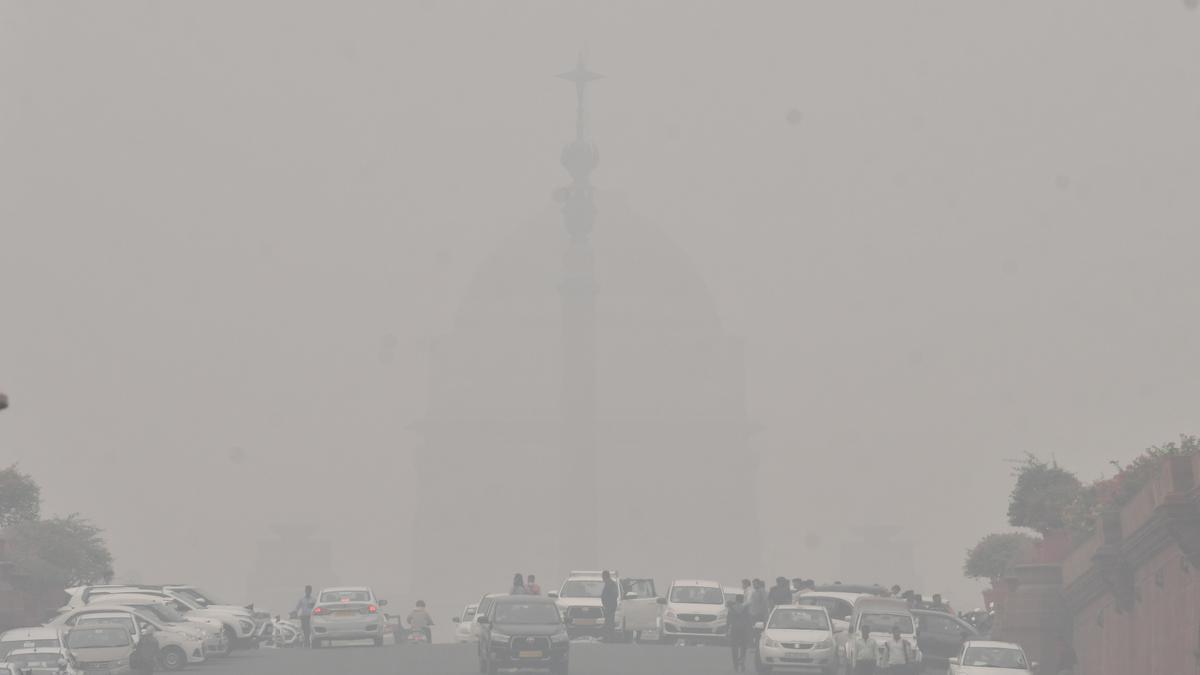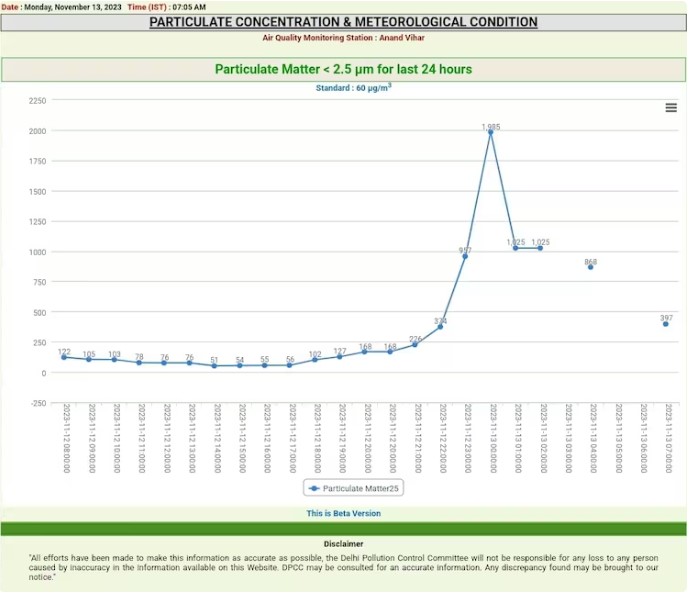“230 billion in India, Pakistan will experience deadly heat if”…” : A New Study

Only a limited range of heat and humidity levels may be tolerated by humans without causing heat-related illnesses like heat stroke or heart attacks.
In New Delhi: According to recent studies, global warming brought on by climate change by the turn of the century may cause heart attacks and heat strokes in some of the world’s most populous regions, such as India and the Indus valley.
The “Proceedings of the National Academy of Sciences” reported interdisciplinary research from Penn State College of Health and Human Development, Purdue University College of Sciences, and Purdue Institute for a Sustainable Future that found that human health would be severely harmed by global warming of more than 1.5 degrees Celsius above pre-industrial levels.
Only a limited range of heat and humidity levels may be tolerated by humans without causing heat-related illnesses like heat stroke or heart attacks.
According to the study, if global temperatures rise by 2 degrees Celsius above pre-industrial levels, 800 million people in sub-Saharan Africa, 1 billion people in eastern China, and 2.2 billion people in Pakistan and India’s Indus River Valley will all endure heat waves that are too intense for human tolerance.
Delhi, Kolkata, Shanghai, Multan, Nanjing, and Wuhan would all take the brunt of this yearly heat wave.
These regions are low- and middle-income countries, thus the residents might not have access to air conditioners or other efficient cooling systems.
The Eastern Seaboard and the midsection of the United States, from Florida to New York and from Houston to Chicago, might experience increased heat levels if global warming continues to increase the planet’s temperature by 3 degrees Celsius above pre-industrial levels. The study discovered that South America and Australia would also endure intense heat.
However, citizens in rich countries will endure less suffering than those in developing countries, where the sick and elderly may pass away.
According to co-author Matthew Huber, professor of Earth, atmospheric, and planetary sciences at Purdue University, “the worst heat stress will occur in regions that are not wealthy and that are expected to experience rapid population growth in the coming decades.”
“This is true even though these countries produce significantly fewer greenhouse gas emissions than developed countries. Due to this, billions of poor people will suffer, and many of them may pass away. However, wealthier nations will also feel the effects of rising heat, and in today’s interconnected world, everyone may anticipate suffering some sort of harm.
The researchers asserted that greenhouse gas emissions, particularly carbon dioxide released from the burning of fossil fuels, must be curbed in order to prevent global temperatures from rising. Middle-income and low-income nations will suffer the most if adjustments are not made, they claimed.







